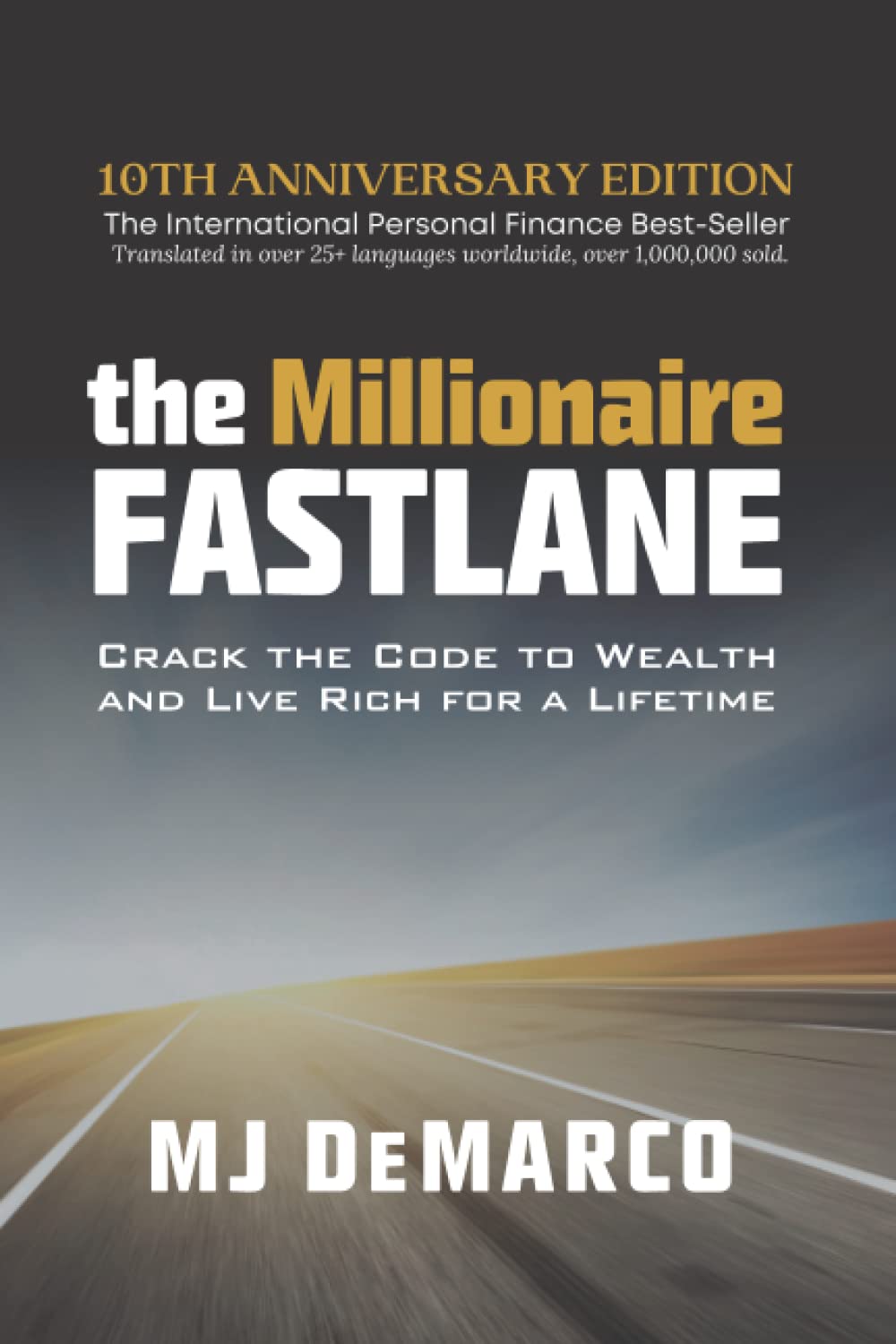Every single thing you do in life is based on some calculation of risk versus reward. Even your decision of getting out of bed every morning. But live is not about avoiding risks but about knowing which ones are worth taking.
What you’ll find inside:
No guts, no glory
Life means taking risks. It comes in different flavors and individual tolerance to each of us. Chances that you die because of heart decease are 80 times higher, than getting run over by a car according to the National Safety Council.
Let me tell you a story about me being irrational about taking risks:
My former girlfriend and I spent seven wonderful years together, and decided it was finally time to take the plunge and pop the big question. I planned the perfect moment during our ski trip in the beautiful Alps, with the sun shining and stunning views surrounding them.
But as the first day of skiing passed, I felt butterflies fluttering in his stomach—but they weren’t just from the chilly mountain air. I had the engagement ring tucked neatly in my pocket, but every time I thought about proposing, my courage took a nosedive. The next day began with the same anxious routine.
Panic set in when a startling thought hit me: what if something terrible happened and I missed my chance? That realization fueled my determination.
On our break at a breathtaking spot, I took a deep breath, dropped to one knee, and finally asked my girlfrien to marry me. The combination of the stunning landscape and my finally heartfelt words made it an unforgettable moment.
Each of us is unique, and so are our experiences. If after reading this story you wonder, “What’s wrong with this person?” that’s fine, as you might act differently.
I wanted to share the story of proposing to my wife because it’s a perfect example of how taking risks can feel strange initially. Your body will literally try to make you stop. Emotions are the language of our bodies, and they may activate and spark thoughts or doubts about your plan simply because your body is not yet accustomed to what your mind intends.
Most of what you’ll do for the first time feels like uncharted territory. The truth is: it is not. While you and I feel unique and special with our life situation, dreams and actions reality is it is not so unique as you think. You are not alone.
In order to understand if the risk you are about to take is worth it, seek to understand if someone in this great wide world had already a similar challenge and shared it. From my experience Reddit is a great platform for asking such questions.
Be Curious and upmost optimistic
Avoiding risks is the worst you can do in your life. You and I are exposed to risk every morning we stand up. But hiding in bed will not lead to a fulfilled life.

Whatever you do, commit fully. No half-hearted efforts. Your life is precious and deserves more than mediocracy. Your attitude required to take especially significant calculated risks must be utmost optimistic.
Pursuing your dreams with all the risks included will bring numerous challenges. Your body may urge you to stop, as it feels uncomfortable. Family and friends might struggle to understand your vision and try to dissuade you. Even your surroundings might deem your plans ridiculous. Approach these headwinds with curiosity. Examine the underlying forces that fuel these arguments and the rationales behind them.
And things will fail. You can calculate and plan for every risk expect the things that are too crazy for you to imagine. These are the ones that will do the most harm as you will not have a plan for how to deal with them.
But the world advances, and so will you. That is why you should fail early and often. The sooner you fail and learn from it, the more likely it is that the negative impact of the risk will lessen over the course of your life. See also my post about planning.
Be Mindful, Not Afraid
Sh*t happens – that is why you should be mindful of the endeavors with significant risks and know that failure is part of the game. The only certain advice I have when it comes to risk taking: Don’t take risks that mean game over for you. By this I don’t imply end of your life – which is obvious to avoid, but will this drop you out of whatever you are up to?
Fear of missing out: FOMO became famous in the context of the Crypto / Bitcoin hype. It is the anxiety or worry that you might miss an exciting or rewarding experience, and it can lead to impulsive, poorly thought-out decisions driven by the desire to avoid feeling left out or regretful.
Overconfidence: What you should truly be wary of is taking substantial risks without any thought, which often happens when you’ve done something countless times before. But this one time, you overlook a changed parameter and, possibly in a hurry, do what you always do—potentially making things worse.
Leveraged risk: Buying stocks using borrowed funds or adding additional people for your project to meet a deadline that is already on the critical path.These tactics might work out, but will multiply the risk with the potential consequence of you losing it all at cost of your reputation or financial bankruptcy.
Single points of failure: If too many things of you plan rely on one thing working. Since if this fail your entire plan will fall apart.
The Art of Risk-Taking: Habits to Keep You in the Game
1. Habit of Taking Calculated Risks
- Action: Evaluate potential opportunities and challenges, then make a decision to take action even if the outcome is uncertain.
- How it Works: This habit involves a thoughtful assessment of risks and benefits. By gathering information, considering possible outcomes, and then acting, you can make informed decisions that push you out of your comfort zone while minimizing potential downsides.
2. Habit of Persistence
- Action: Continue to pursue goals despite obstacles and setbacks.
- How it Works: Persistence requires a mindset that does not give up easily. When faced with challenges, this habit involves seeking alternative solutions, learning from failures, and continually moving forward. Many successful people attributes much of their success to persisting through difficulties and not allowing temporary setbacks to derail his long-term goals.
3. Habit of Seeking Mentorship and Guidance
- Action: Actively look for mentors and listen to their advice and experiences to guide your own journey.
- How it Works: Mentors can provide valuable insights, support, and wisdom based on their own experiences. Seeking mentorship involves identifying individuals who have achieved what you aspire to and building a relationship with them.


